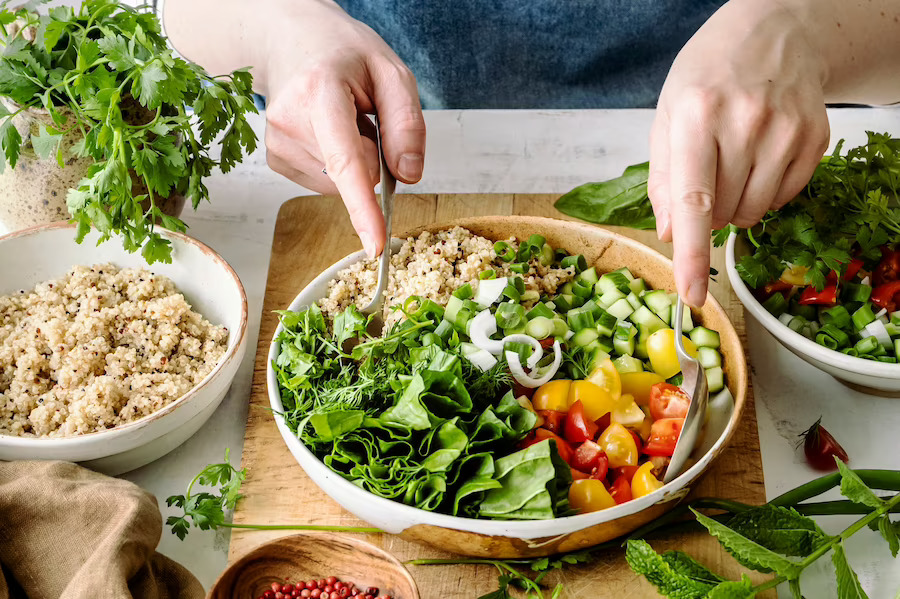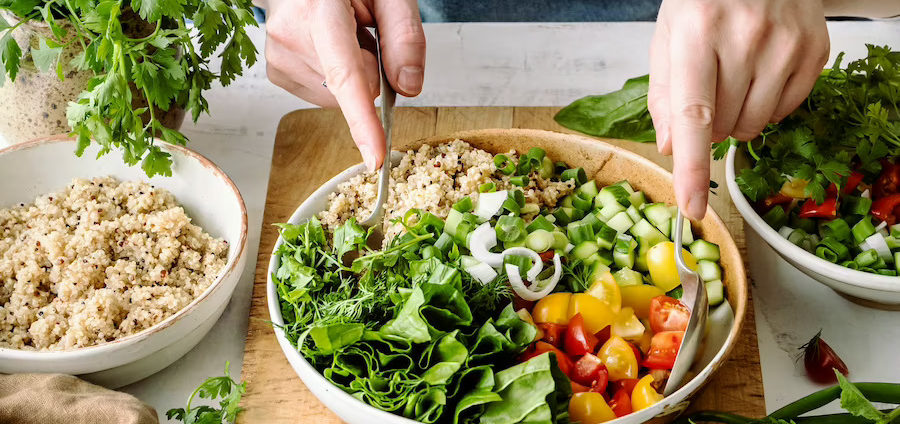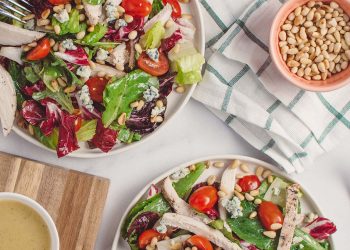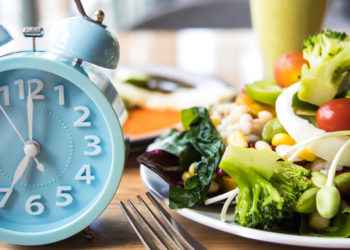Pleasure and healthy nutritionIt. It is good for you to enjoy food
Eating is one of the greatest pleasures in life! The tendency to believe that we must choose between pleasure and health when it comes to eating is increasingly being questioned. The pleasure, satisfaction and joy of eating are important elements of a healthy and balanced diet. Sharing a meal is a pleasant and convivial experience for most of us. In addition, enjoying food is a huge health benefit because enjoying food with satisfaction promotes digestion, increases the uptake of nutrients through the gut-brain connection, and improves the relationship with food. Negative emotions and thoughts related to food, such as guilt, fear, shame and judgment, have real consequences on our health and well-being.
Psychology and the Pleasure of Eating
According to some research, the pleasure of eating leads to a dopamine release in the brain, a neurotransmitter that modulates mood and plays a central role in positive reinforcement and addiction. The joy we get from it occurs both in the mouth and brain.
According to some research, people with obesity have a disturbance in dopamine sensitivity, causing them to eat in quantity to obtain sufficient food pleasure.
However, when the brain’s neurotransmitters are optimal, food pleasure stimulates dopamine, which allows for more efficient digestion and metabolism and general relaxation, increasing the breakdown and absorption of nutrients.
This limiting belief that healthy food is bland or doesn’t taste good is simply not true. It all depends on how you look at it and how it is cooked. Furthermore, when we eat foods we enjoy, satisfaction increases, which improves the quality of eating and reduces the risk of overeating or binge eating.
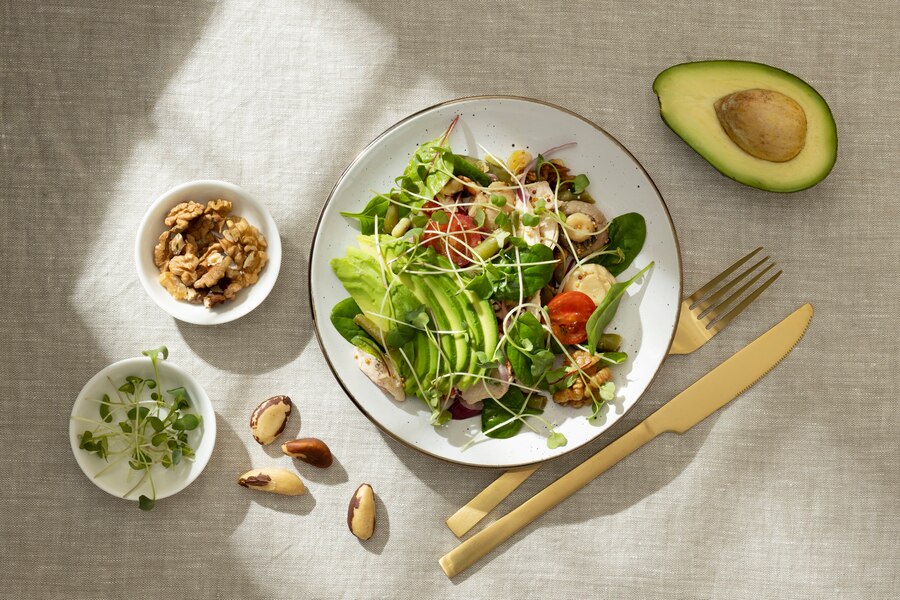
Here’s what happens when you enjoy the food you eat:
- You digest your food better
Food pleasure signals the parasympathetic nervous system to trigger its relaxation response. This system activates digestion by relaxing the gastrointestinal tract muscles and increasing digestive juices. Thus, when food pleasure occurs, digestion is simultaneously triggered. But the opposite can also happen when eating a dish or food that is not pleasant or tasty, or if there is an emotion of guilt or shame, a stress reaction is triggered in the body. This process then partially stops digestion and can lead to insulin spikes, fat storage and intestinal problems such as bloating, constipation or diarrhoea.
- You absorb more nutrients
The taste of food is an essential factor for nutrient absorption. Among the five senses, taste corresponds to a multimodal sensory activation allowing the detection and identification of numerous stimuli. The physiology of taste includes three key roles:
- the detection and identification of food,
- the rejection or acceptance of food through the search for pleasure
- the preparation for digestion, absorption and storage of nutrients.
- You’ll settle for less
There is a big difference between feeling full and feeling satisfied. It is common to continue eating when food pleasure is present. Indeed, while searching for satisfaction, your brain continues asking for a pleasure source; because satisfaction is what extinguishes the desire to eat. Food pleasure makes it easier to achieve the feeling of satiety.
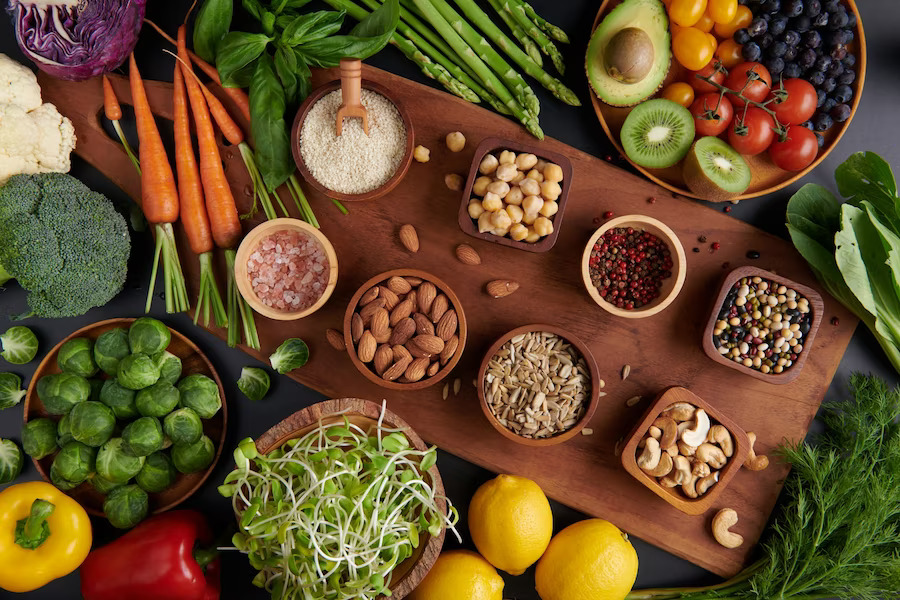
How can we learn to appreciate food in a healthy way?
That is a 1 million dollar question. Everything mentioned above shouldn’t push you to settle for sweet, salty and fatty foods. You can develop a liking for nutritious foods.
- Slowing down, savouring and being attentive during meals allows a better perception of food pleasure and a better feel of the sensation of satiety by allowing more time for the stomach to signal it to the brain.
- List the foods and dishes that taste good and are nutritious. Think about a taste holistically; it combines texture, temperature, smell, sound, mouthfeel and memories.
- Try new foods and cuisines. Experimenting will help you to enlarge your menu and, therefore, a variety of nutrients you ingest. Wold cooking cultures are a treasure of human knowledge about eating pleasure.
- Avoid the exclusion of food groups. Instead, consider healthier cooking methods, less processed and seasonal foods, and smaller portions. Because, in most cases, forbidding foods you like provokes a yo-yo effect. Then comes the guilty feeling that makes it difficult to enjoy the moment.
True food enjoyment comes from a healthy balance of nutritious meals and guilty pleasures, a combination of foods packed with nutrients with some “naughty” products.
